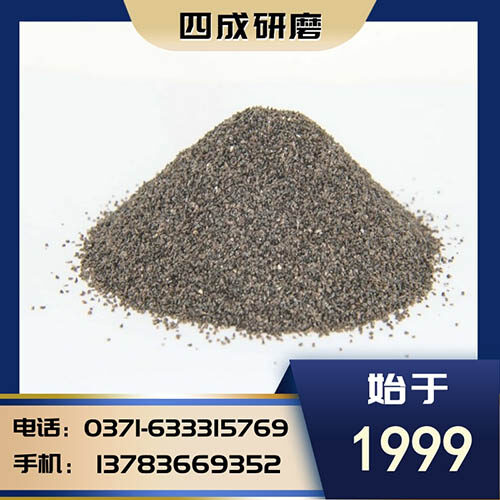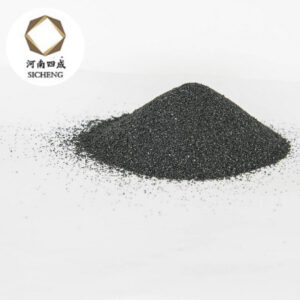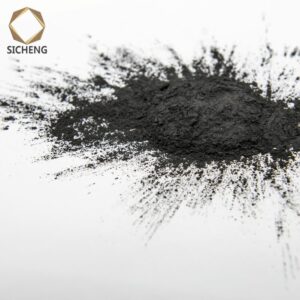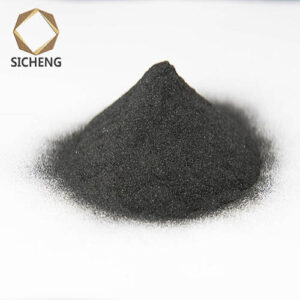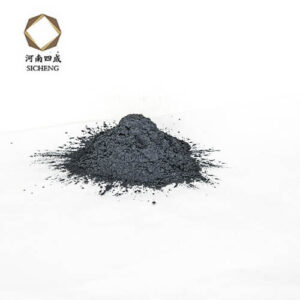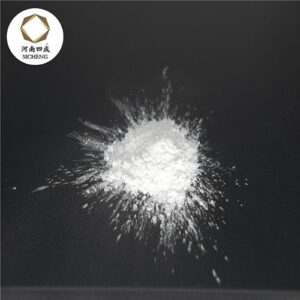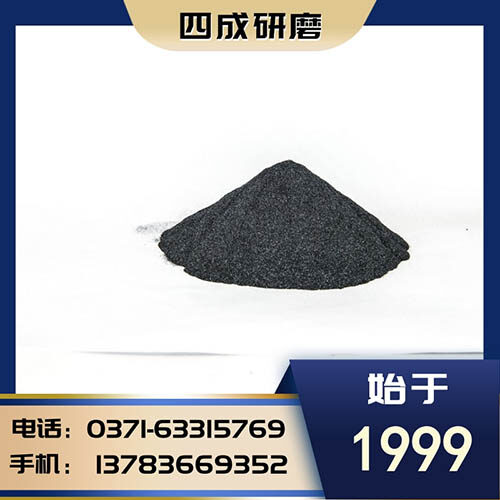emery Ground hardener (emery) is composed of mineral alloy aggregates, special cements, other admixtures and admixtures of certain particle grades. Emery floor has the advantages of high wear resistance, high impact resistance, high oil resistance and grease resistance, easy to clean, easy to construct, and reduce dust. It is widely used on the ground floor of buildings in various industries.
Advantages of concrete flooring made of emery abrasives
The emery wear-resistant floor of the industrial plant has the advantages of high surface hardness, high density, strong wear resistance, no dust, not easy to peel, economical construction, and wide range of application. Emery wear-resistant floor abandons the previous operation skills of separate construction of concrete base layer and surface layer, thereby eliminating the common ground quality problems such as cracks and empty drums caused by poor combination between ground base layer and surface layer, simplifying the ground construction process, shortening the ground construction period, and saving manpower and material costs.
Emery is a metal oxide aggregate and metal aggregate hardener, which is widely used in industrial plants, warehouses, runways, docks and other engineering construction. The phase composition of aggregates is mainly Al2O3, Fe2O3, TiO2 and other metal oxides or metal material aggregates. Metal oxide aggregates can be natural or artificially made emery products. Emery is applied directly to the concrete surface in the initial setting stage by dry spreading method to obtain superior wear resistance and impact resistance than non-metallic aggregates. Emery and concrete substrates are not easy to fall off when combined.
Why choose emery concrete flooring? Because the traditional large-thickness floor of large-area concrete is prone to ground cracks, the main reasons are the change of internal stress caused by temperature and humidity, the brittleness of concrete and unevenness of laying, unqualified construction raw materials (such as alkali aggregate reaction), instinctive shrinkage after concrete solidification, and uneven settlement of ground construction foundation. During the hardening of concrete, cement will release a large amount of hydration heat, so that the internal temperature of the ground continues to rise, and tensile stress is generated on its surface, and tensile stress will also occur inside the concrete due to the constraint of the ground foundation, old concrete or interior during the cooling process in the later stage of ground construction. The decrease in temperature will also cause greater tensile stress on the concrete surface. Cracks occur when these tensile stresses exceed the crack resistance of concrete.
Unlike concrete made of emery abrasives, the internal humidity of general concrete changes less and slowly, while the surface humidity may vary greatly and sometimes drastically, such as dry and wet changes, poor maintenance, and surface shrinkage deformation. Cracks are caused by being constrained by the concrete inside the ground. Concrete is a brittle substance, tensile strength is about 1/10 of compressive strength, due to uneven raw materials, unstable water-cement ratio and segregation phenomenon during material transportation and ground pouring, and in the same piece of concrete its tensile strength is not uniform, there are many weak parts with low tensile ability and easy to crack.
In reinforced concrete, the tensile stress is mainly borne by the steel bar, and the concrete only has to bear the compressive stress. Tensile stresses inside the concrete or at the edges of reinforced concrete must be borne by the concrete itself. In construction, concrete is cooled from high temperature to a stable temperature during normal use, which often generates considerable tensile stress inside the concrete. Sometimes the temperature stress can exceed the stress caused by other external loads, so whether it is concrete made of emery abrasives such as brown corundum and black corundum, or ordinary concrete, it is particularly important to grasp the change law of temperature stress in the ground construction process.
Emery wear-resistant flooring made of emery has the advantages of durability, wear-resistant and pressure-resistant, dustproof, easy to clean and so on, so it is highly sought after by customers, in addition to emery wear-resistant flooring can also show different colors to meet the needs of customers in various aspects.
